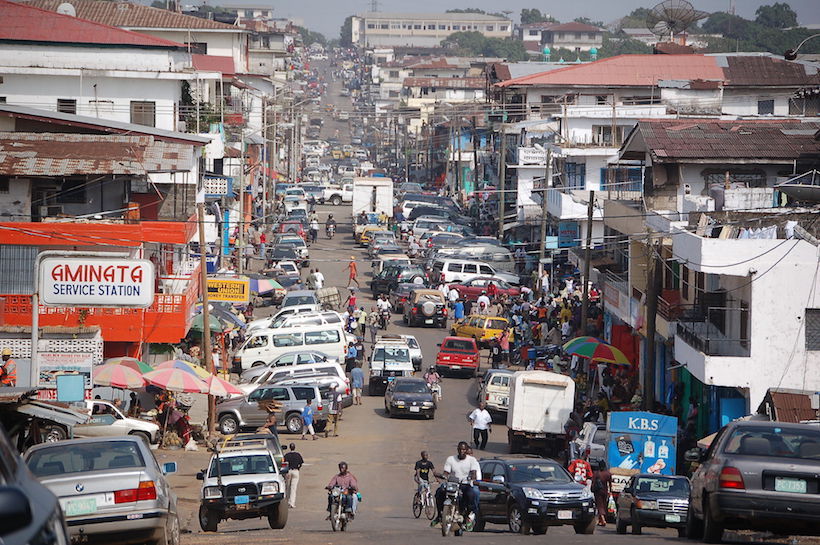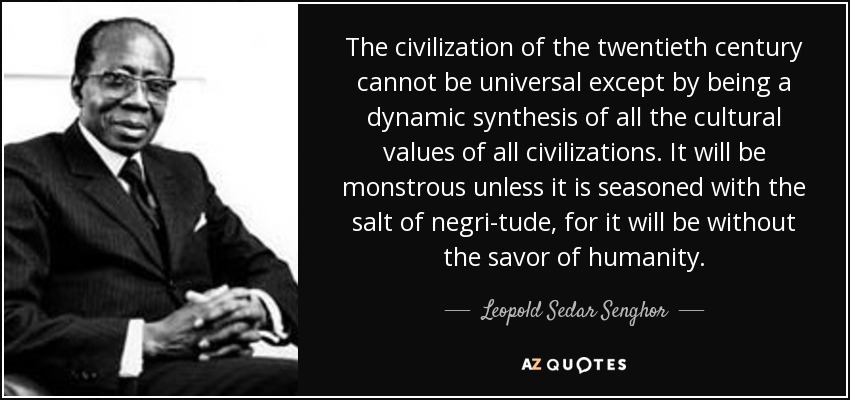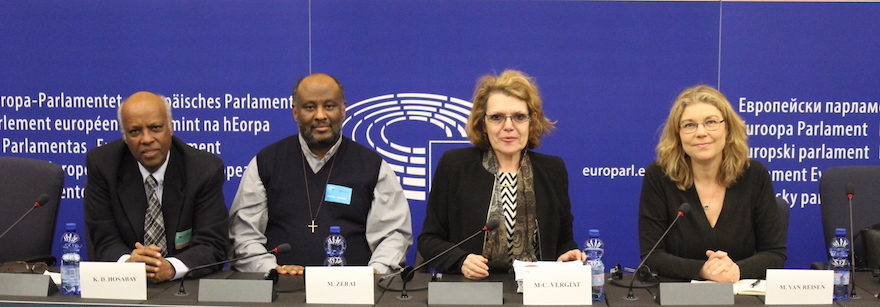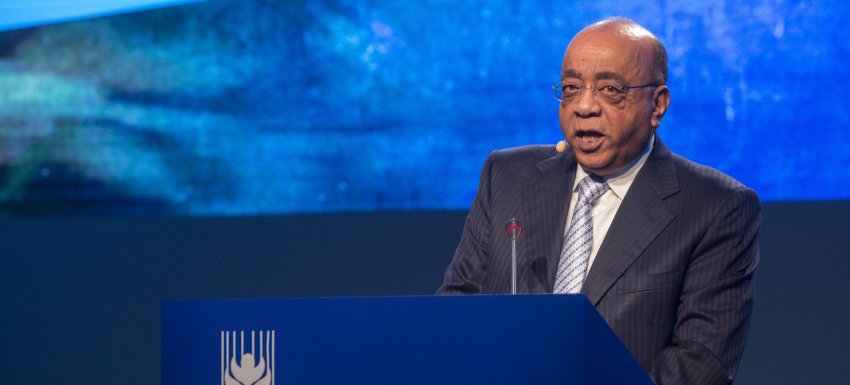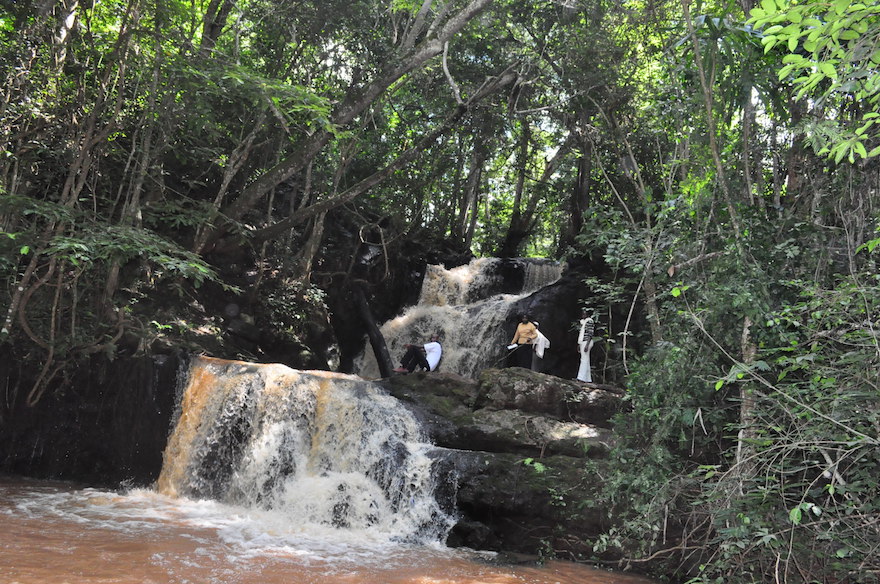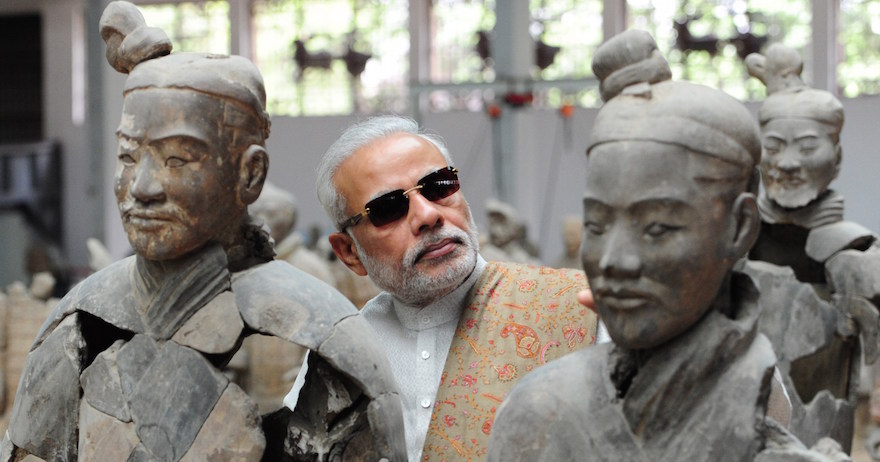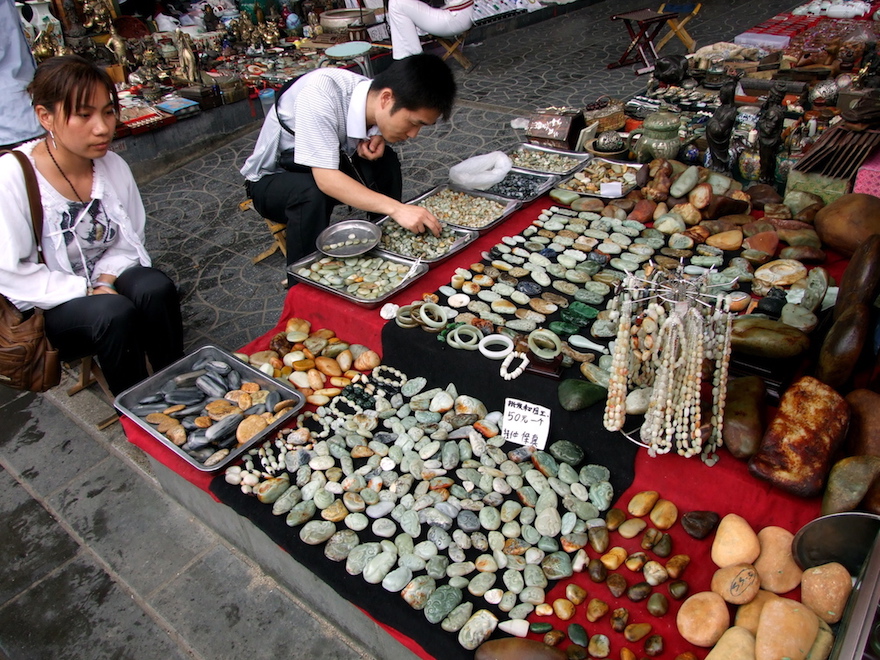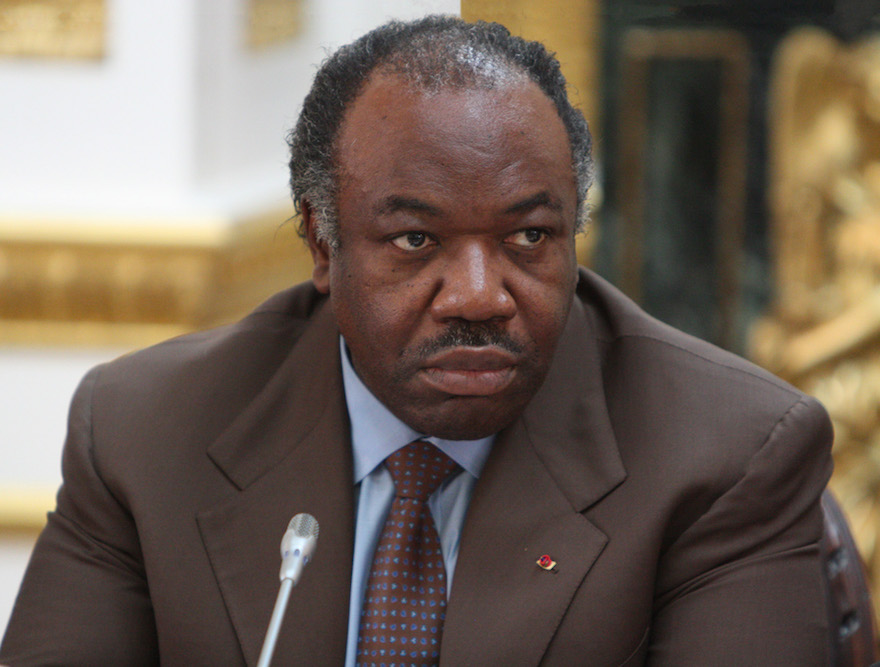NEW YORK | MONROVIA (INPS | GIN) – An upcoming referendum to make Liberia a Christian state is meeting fierce opposition from the country’s Muslims and some Christians.
At a three-day retreat held by the National Imam Council of Liberia, a resolution was drafted that included a threat to boycott the referendum if the issue of the Christian state is not removed.
“The National Imam Council of Liberia is amazed beyond words that some of our compatriots are calling for the declaration of Liberia as a Christian nation,” an official of the Imam Council said.

